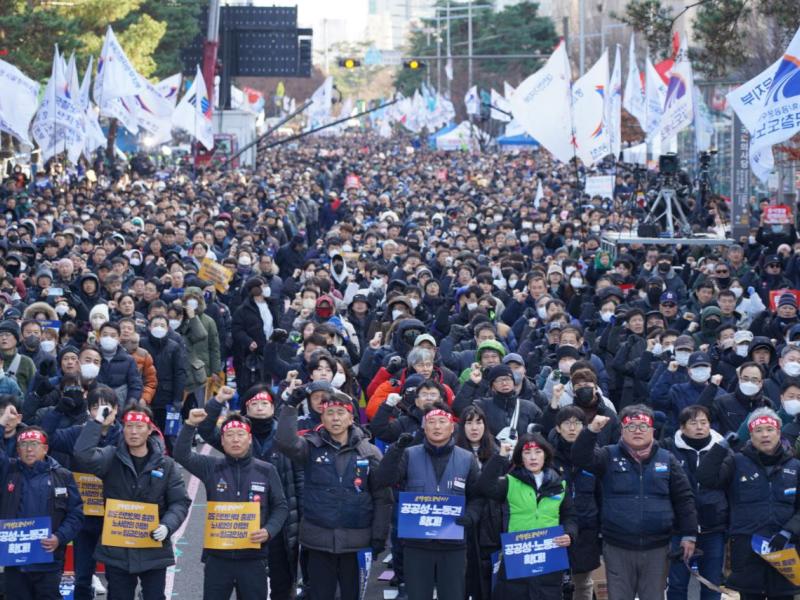ITF representatives, government officials, international development partners, industry players, maritime workers’ unions, embassy representatives and members of the public made up the 430 delegates from 12 countries who took part in the two-day conference on the theme ‘from land to sea: new frontiers for national development’. The conference was organised by the Kenya Maritime Authority with support from the ministry of transport and infrastructure.
The event was opened on 23 February by president Uhuru Kenyatta, who directed the finance and transport ministries to mobilise resources to develop the maritime sector through the employment of Kenyans, especially young workers, and urged international partners to work closely with his government.
As Kenya is developing its oil and gas industry, Captain Hans Sande, director general of the Norwegian Maritime Officers’ Association and member of the ITF offshore task force group, described the benefits of Norway’s oil and gas industry and the rewards of engaging organised maritime workers. He explained that only four percent of Norway’s oil and gas revenue was allowed to be used by a sitting government, with the remainder set aside for future generations.
ITF Africa regional secretary Joseph Katende said: “To ensure that workers properly and effectively participate in delivering Kenya’s master plan for the maritime industry, we need clear and effective social dialogue structures, as spelt out by the International Labour Organization (ILO) under Convention 144.
“Violations of international standards – such as those set by the ILO, the International Maritime Organization, the World Bank and the ITF’s agreements with shipping industry employers – could seriously undermine our country’s plans.”
As the event closed, the transport ministry cabinet secretary, engineer Michael Kamau, emphasised the importance of dialogue rather than legal battles to resolve issues in Kenya’s maritime sector.
Statistics collected by Katende and Mombasa-based inspector Betty Makena Mutugi during the opening session revealed high government awareness of the importance of unions in maritime development and workers’ welfare. ITF representatives explained how unions were tackling the challenges posed by flag of convenience ships and highlighted instances where the ITF paid for the repatriation of Kenyan seafarers abandoned abroad.



